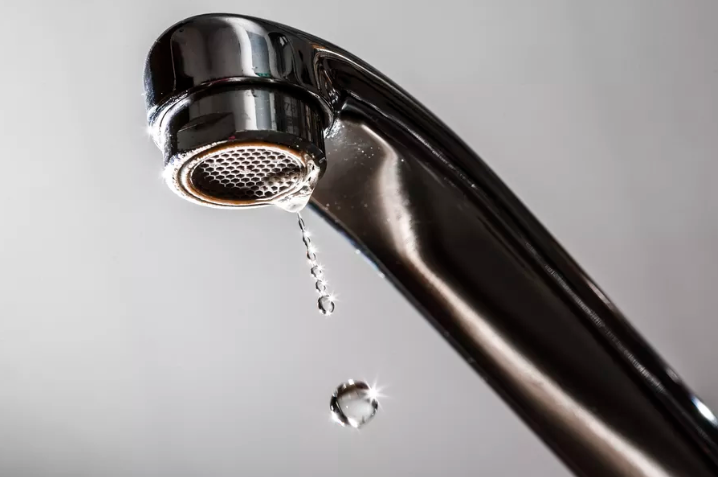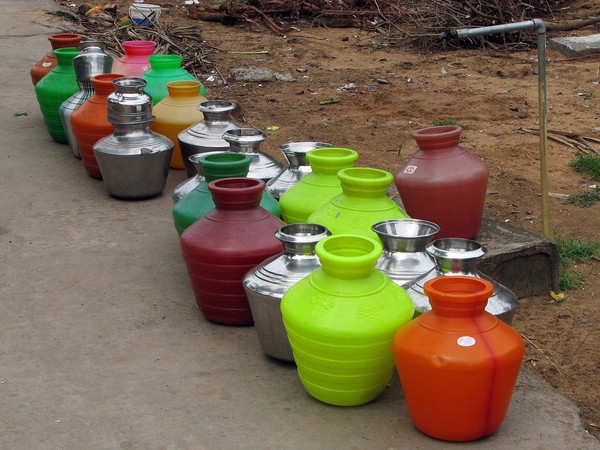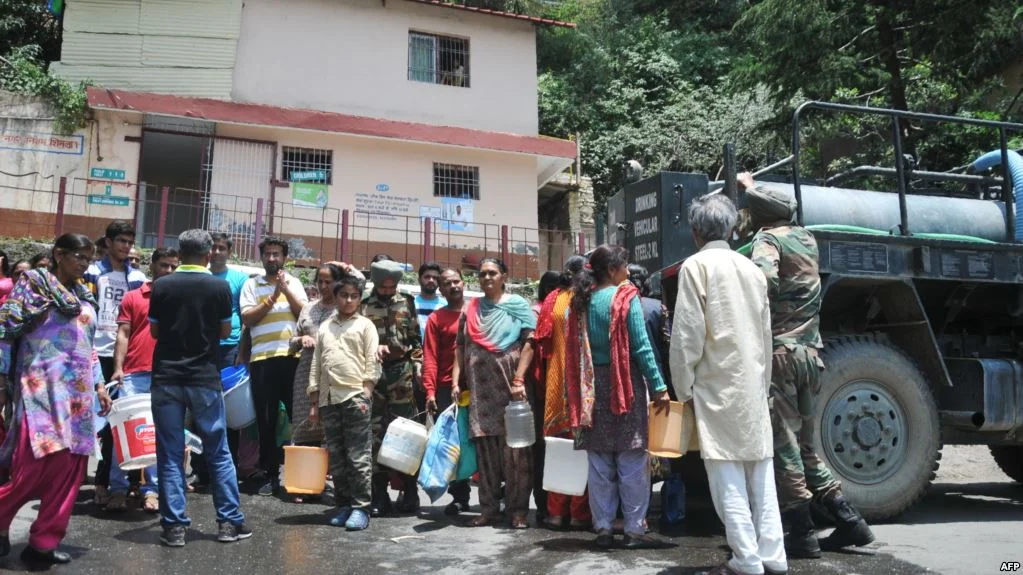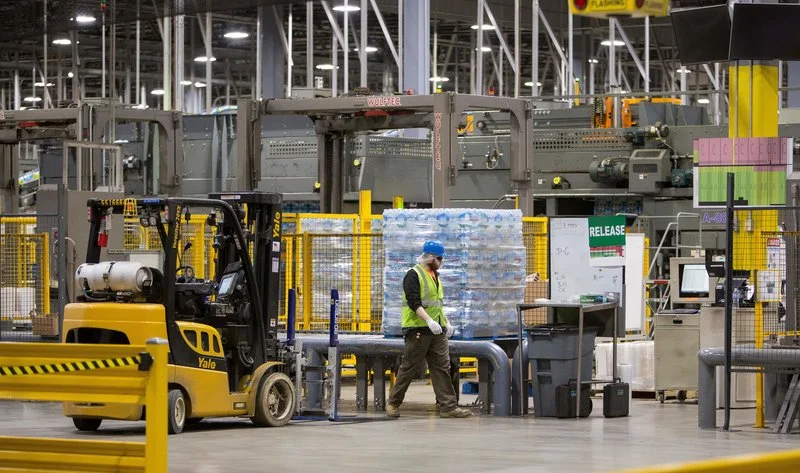A World Without Water
/High quality global journalism requires investment. Please share this article with others using the link below, do not cut & paste the article. See our <a href="http://www.ft.com/servicestools/help/terms">Ts&Cs</a> and <a href=http://www.ft.com/servicesto https://www.ft.com/content/8e42bdc8-0838-11e4-9afc-00144feab7de#ixzz5TSVo0hmu
Under Creative Commons License: Attribution
But since 2003 Coca-Cola and its bottlers have spent nearly $2bn to reduce their water use and improve water quality wherever they operate. That spending now extends to a sodden field next to the Nar, surrounded by clumps of stinging nettles and the odd goat, where the company recently paid for something very unusual to be done to improve the river.



















